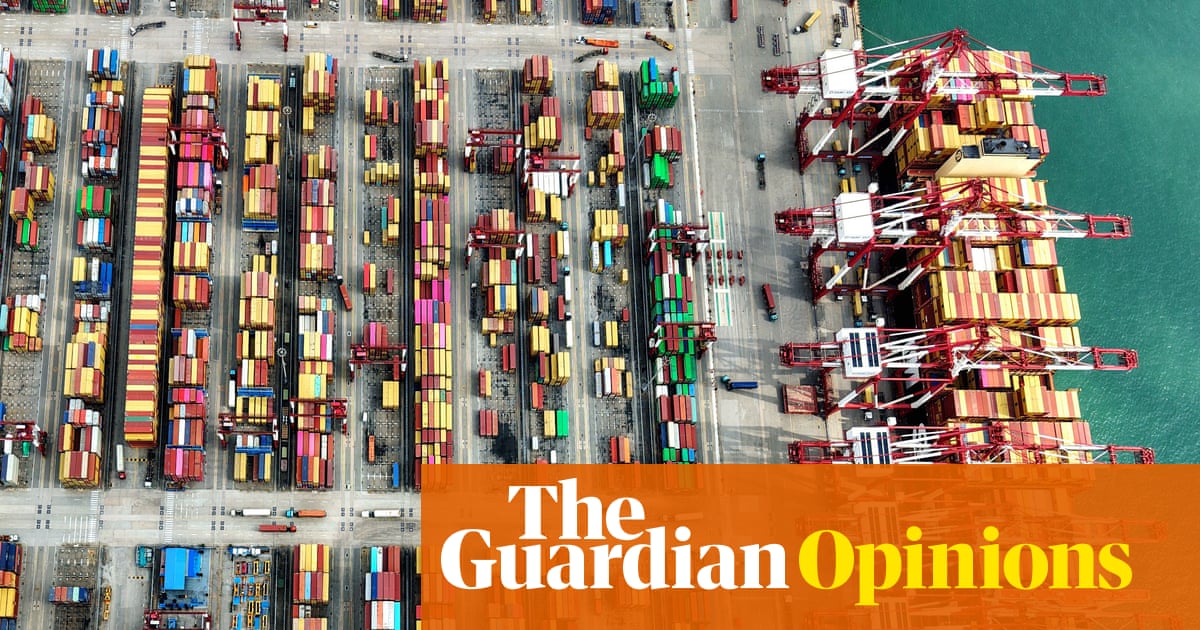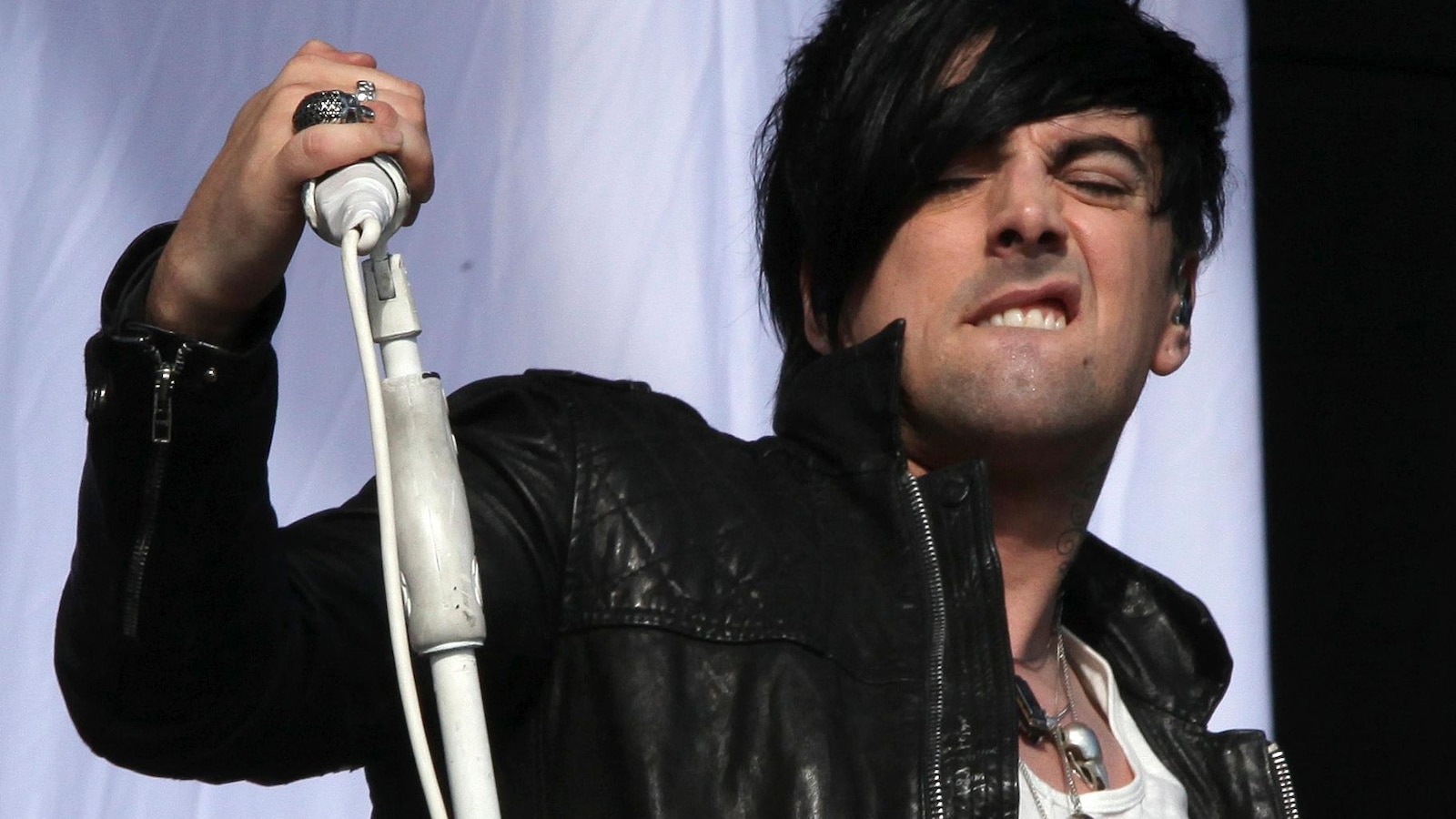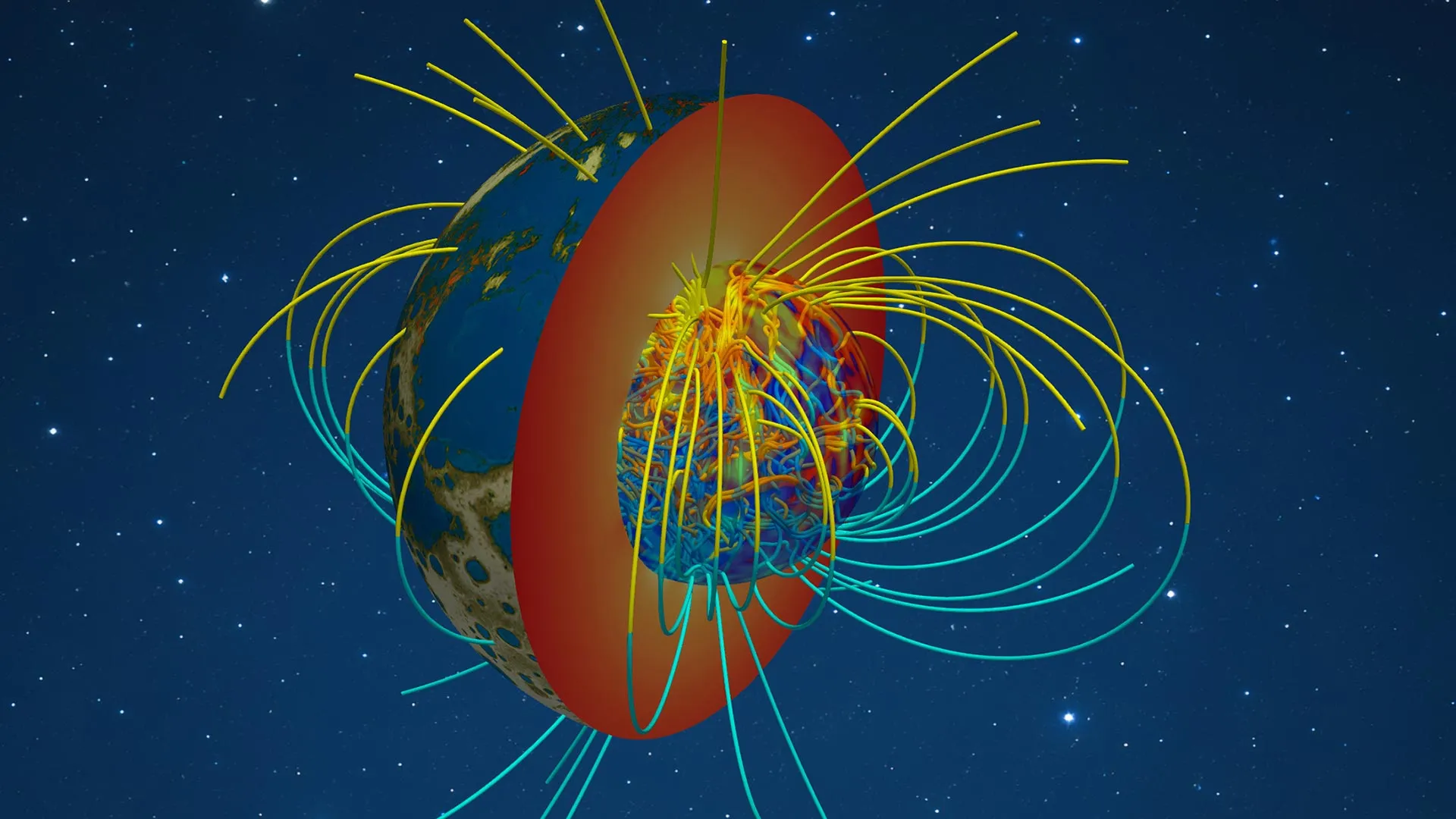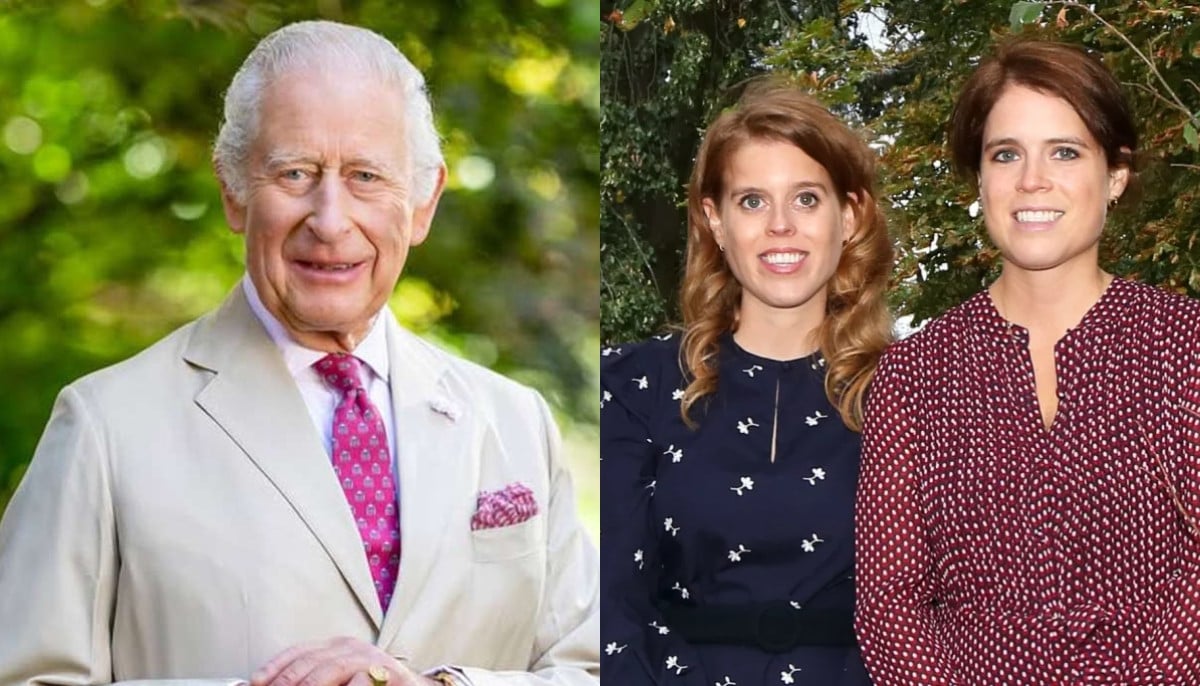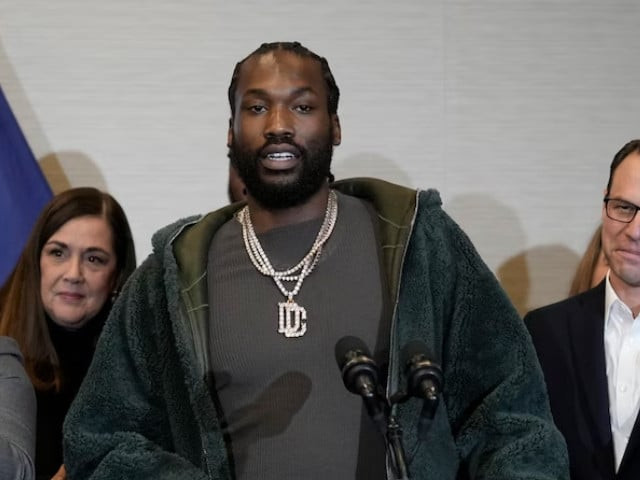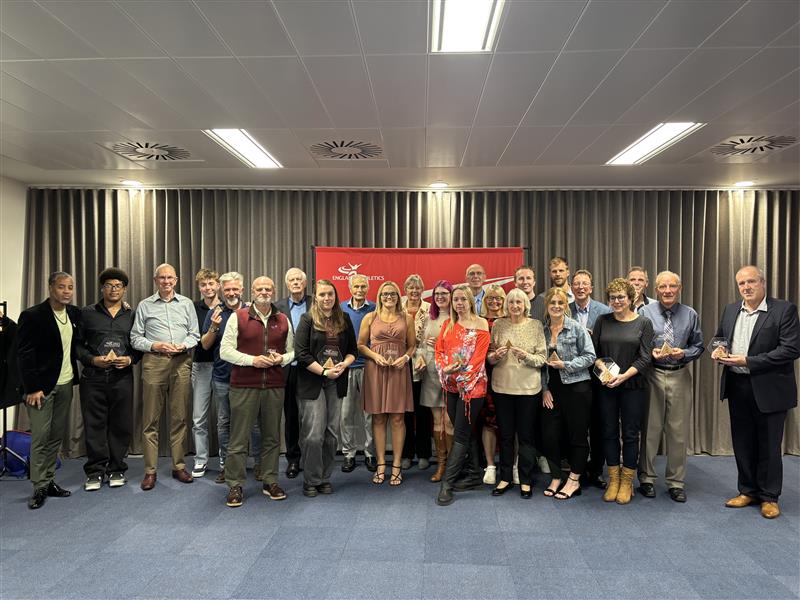Little more than 48 hours passed last week between a warning from the IMF chief, Kristalina Georgieva, that “uncertainty is the new normal” and Donald Trump’s latest tariff onslaught – this time aimed at China.
Markets plunged on Friday after Trump threatened to levy punitive additional tariffs of 100% on Chinese goods in retaliation for Beijing’s blocks on exports of rare earth minerals.
The world’s finance ministers and central bankers will meet in Washington this week for the annual meetings of the IMF and World Bank.
In her curtain-raiser speech for the gathering, Georgieva rightly pointed out the global economy has proved more resilient than some feared at the time of the spring meetings in April, when the world’s policymakers were transfixed by the chaos emanating from the White House.
Part of the reason for that has been “front loading”: Trump’s intention to jack up tariffs was no secret, and many companies ran up inventories in advance and started to rejig their supply chains.
Another explanation is that the US’s trading partners have in general preferred to use a combination of flattery and capitulation in the face of Trump’s approach, rather than causing an all-out trade war.
Meanwhile, firms and governments have increasingly been forging new trade connections that bypass the US, creating what Adam Posen, the director of the Washington-based Peterson Institute for International Economics, has called a “new economic geography”.
There was evidence of this in the latest update from the UN’s trade and development arm, Unctad, last week.
“Trade growth remained positive in the first half of 2025, despite rising trade policy uncertainty, persistent geopolitical tensions and a challenging global economic environment,” Unctad reported.
Far from grinding to a halt, global trade expanded by more than $500bn (£375bn) in the first half of the year and was expected to continue growing in the third quarter, with much of the momentum coming from developing countries.
Adding to the sense of shifting tectonic plates, Unctad highlighted the continued prevalence of “friendshoring” – the phrase coined by the former Federal Reserve governor Janet Yellen to describe trading with trusted geopolitical allies.
The impact of tariffs on the US economy also appears to have been less dramatic than first feared – though with policy continuing to change by the week, the full effects have likely not yet reached American consumers.
Yet Friday’s furore was a reminder that, as Georgieva argued, there are still reasons to be fearful – or as she put it: “Global resilience has not yet been fully tested. And there are worrying signs the test may come.”
As the new row with China shows, Trump is continuing to wield tariffs as a weapon, creating fresh shocks in financial markets. The impact has been especially tough in developing countries, some of which, as Unctad pointed out, have faced some of the highest tariffs.
Away from trade policy, the White House continues to pursue unfunded tax cuts and trash the economic institutions usually considered the cornerstones of credibility – including the Federal Reserve.
Over time, that must surely undermine market confidence, including in US Treasuries (government bonds) – an important benchmark against which assets in global markets are valued. There is little sign of that yet; but once lost, economic credibility is hard to rebuild.
Part of the reason markets have not responded more skittishly to this and other concerns is that the economic picture is being flattered by another extraordinary and unpredictable phenomenon: the AI boom.
after newsletter promotion
That amounts to another reason to worry. A wall of funding continues to pour into the tech industry as investors bet on the future of generative AI and battle to build the massive datacentres required to train and run the models.
Data from the World Trade Organization last week showed that a full 20% of the growth in global goods trade in the first half of the year was accounted for by “AI-related goods – including semiconductors, servers, and telecommunications equipment”, much of it flowing from Asia to the US.
As Ben May of Oxford Economics said recently: “The surge in US capital spending to develop AI capability has been masking weakness in other parts of the domestic economy.”
However, a growing number of observers have begun to fret that generative AI may not deliver the extraordinary gains that would justify Wall Street valuations of the tech companies.
And the increasingly complex web of cross-shareholdings between some of the key firms involved has raised eyebrows.
The Bank of England last week became the latest body to warn about the risk of a “sudden correction” in global markets if the AI boom goes into reverse.
“On a number of measures, equity market valuations appear stretched, particularly for technology companies focused on artificial intelligence. This … leaves equity markets particularly exposed should expectations around the impact of AI become less optimistic,” it said.
Georgieva echoed that caution, comparing the AI boom to the dotcom bubble around the turn of the millennium. “Today’s valuations are heading toward levels we saw during the bullishness about the internet 25 years ago,” she warned, raising the spectre of a “sharp correction”.
The dollar and dollar-denominated assets remain the lifeblood of much of global finance, despite efforts since the financial crisis to build up the importance of other currencies – so an AI crash would reverberate worldwide.
Perhaps it is fitting that Trump has unleashed a new round of destabilising threats just as policymakers fly into town to take the temperature of the world economy. It certainly drove home Georgieva’s central message to them: “Buckle up.”
